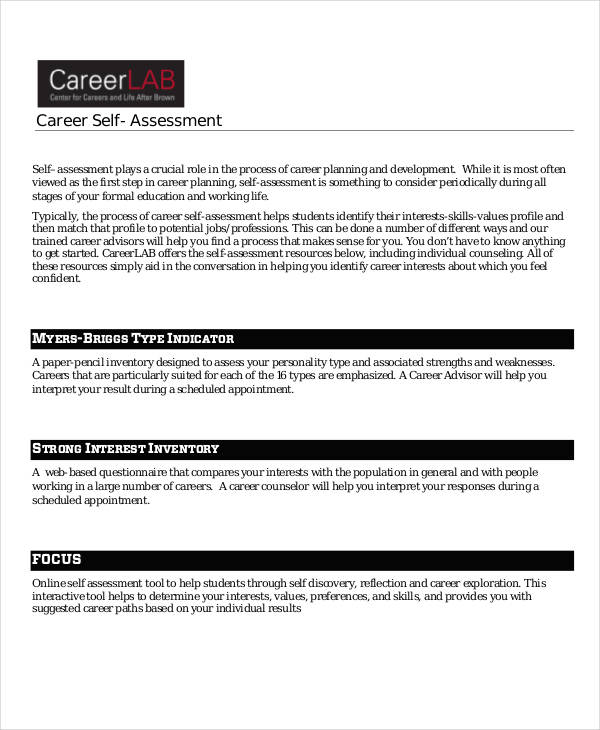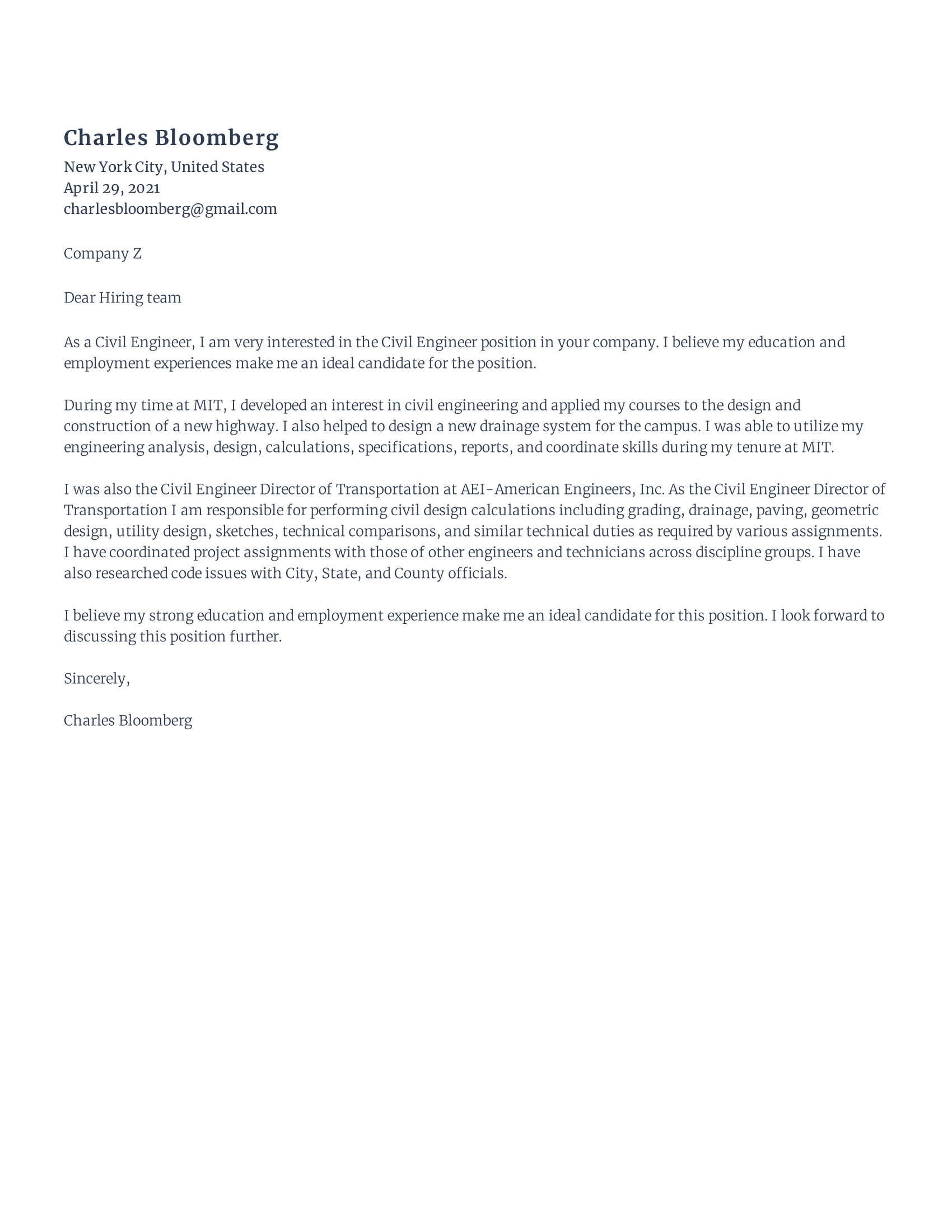
Research your potential employer's industry before you start negotiating for a job position increase. Make sure you are familiar with the industry. Next, you will need to choose a title that reflects your responsibilities. You will be more persuasive in asking for a different title.
Choose a job title that best describes your responsibilities
Choosing a job title that accurately describes the role you play in a new company is an important step in the negotiation process. You should ensure that the title you choose matches your abilities, your knowledge, and your current position within the company. Although a traditional title such as sales manager or project manager may sound appealing, it is important that you consider the impact of your new title on other departments. An example: A social media manager might not be able to take you seriously if you call him a "social media manager" instead of a "project manager".
Employers cannot ask applicants about their salaries history in many states. Therefore, if you have a high-level degree and a long-term position, it is important to choose a job title that accurately describes your responsibilities. After a few years, many employees are faced with new responsibilities. This causes employees to feel like their title doesn't accurately describe their job.

Asking for a job title change without a raise
Negotiating a job title change without asking for a salary raise can be difficult. This is where you will need to be persuasive in your support for the new title. Although the new title might seem attractive, it is important to consider the salaries of comparable jobs. Once you have established the compensation range, and a timeline for a new assessment of your salary, you can determine how to proceed.
Beyond salary, you should consider the level and type of recognition you are looking for. You may be able to get promoted if you hold a different title, particularly if you have worked for several years in the same position. Depending on the company's culture and industry standards, different titles may reflect different skills.
You should be able to clearly understand the process before you negotiate a new job without a raise. Your boss should know about your plans. If you're unsure of how to do this, ask your boss or the human resources department. Employers will usually seek approval from employees before making any changes to the job.
Inquiring for a new job title within a professional setting
The most important decision you will make in any professional setting is to pick the right title. You must do your research on the job market to help you choose the right title. Sites such as LinkedIn and PayScale will help you locate relevant information. Also, take into account the culture and structure of the company.

The job title represents what you do. They convey that you are valued employee. These are also a way for you to present yourself to the world of work. When you present your title to a potential employer, they can better understand your value and recognize you as an asset to the company.
Negotiating a new title in your job is a great method to get more pay. If you're offered a leadership role, your salary may be increased and other financial benefits are available. Additionally, future hiring managers might be attracted to you because of your exciting job title. A compelling title will make your resume more attractive and help you secure interviews.